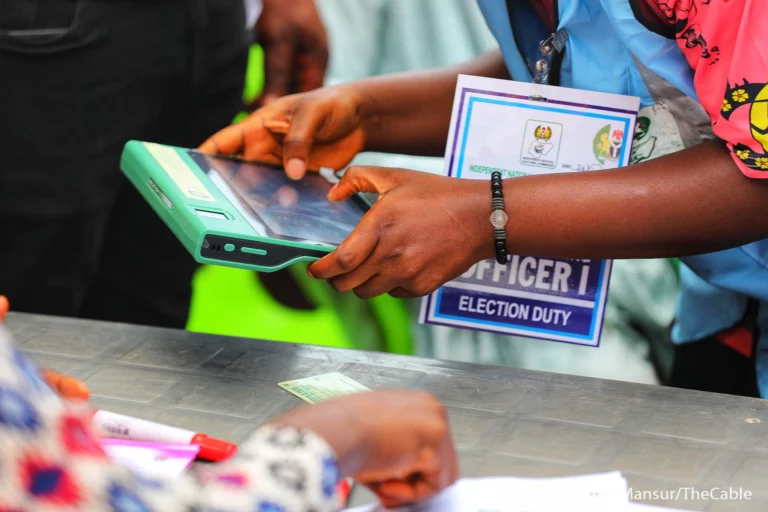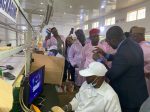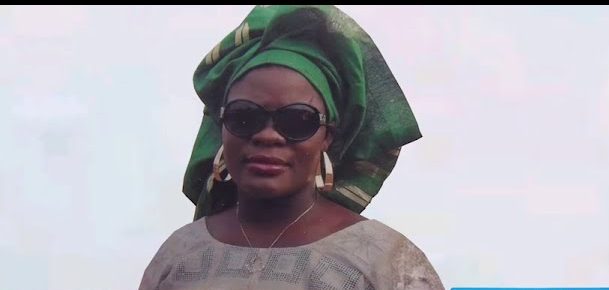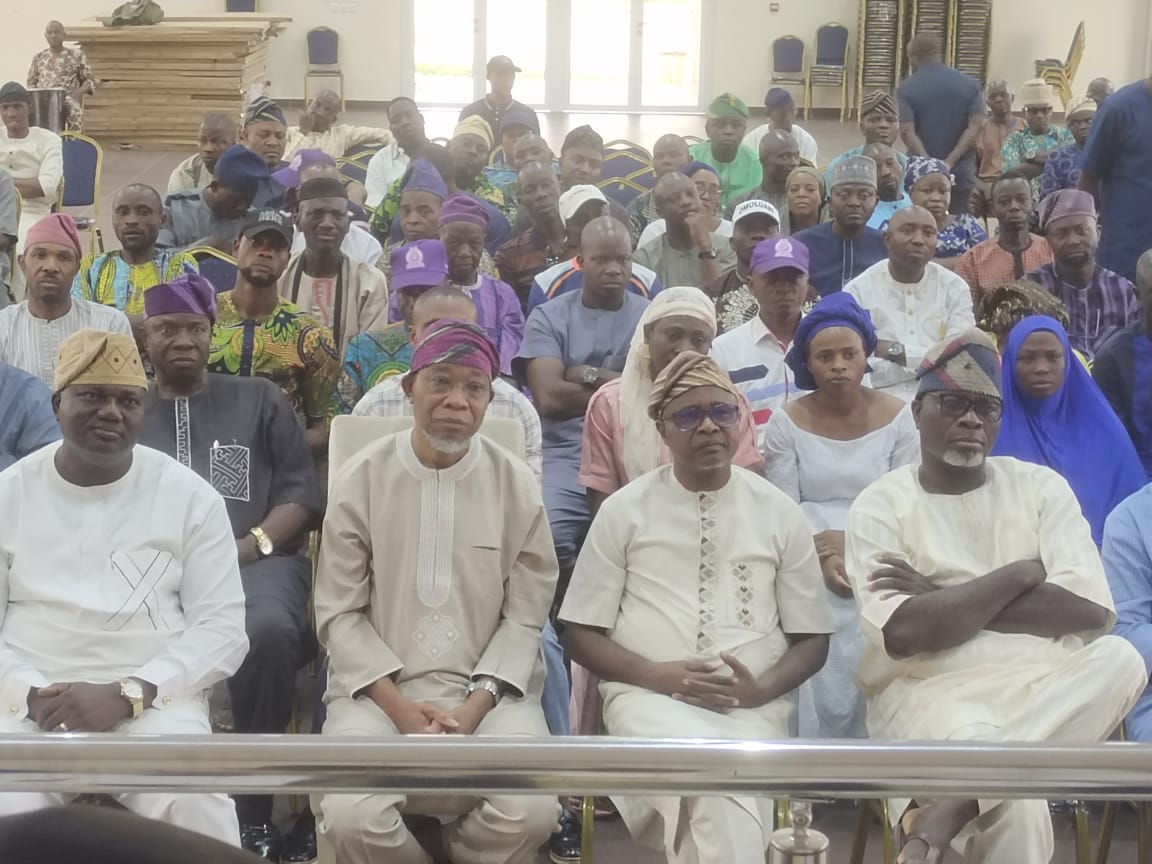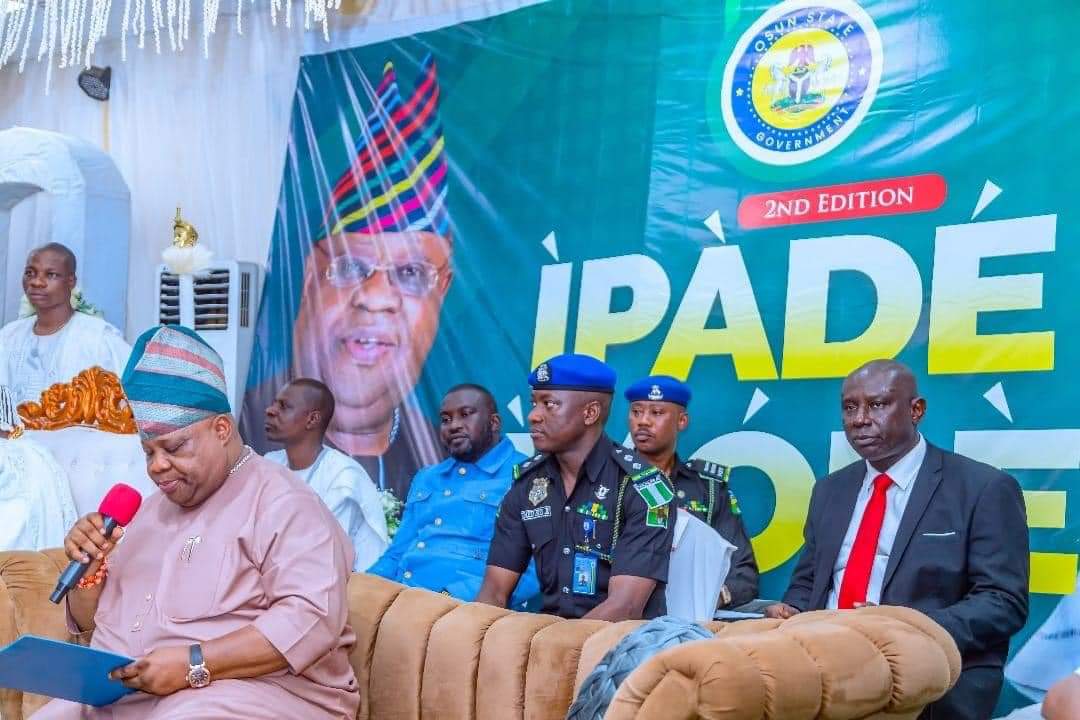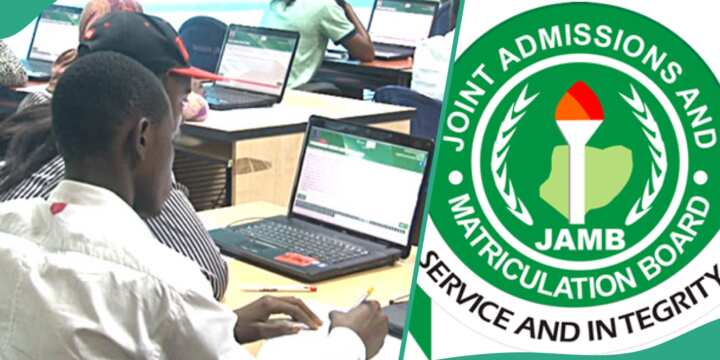BY ADEMOLA YAYA
RIGHT from pre-independence when the Electoral Commission of Nigeria (ECN) was inaugurated in 1958 to conduct 1959 federal elections, we had been using manual balloting for electoral exercises – voters’ registration, register display, voting, counting, collation and declaration of results. Despite advances in technology, this manual balloting had endured for so long notwithstanding some amendments intermittently that didn’t change anything fundamentally because majority of the politicians are not disposed to transparent, free, fair and credible elections. They love riggings and manipulations of electoral processes; they see politics and polity as their personal estate and empire and would do anything to orchestrate electoral malpractices in desperation to hold on to power and winning at all cost.
In the process of outsmarting themselves via various malpractices, peoples’ votes could not count. This had been the atmosphere under which our electoral processes existed until after 2007 general elections won by the Peoples Democratic Party (PDP). President Umaru Musa Yar’Adua who was the beneficiary of the massively rigged and manipulated general elections, honestly agreed to the fact that the election was not credible. Hence, he immediately inaugurated Justice Muhammed Uwais Electoral Reform Committee to look at the entire electoral processes with the view of making recommendations that would forestall future reoccurrence and the panel submitted its report on December 11, 2008. Although Yar’Adua forwarded the modified version of the report to the National Assembly, which was mostly constituted by the beneficiaries of the flawed elections, most of the fundamentals in the report were thrown into waste bin.
If the truth must be said, Justice Uwais Panel report remains the roadmap for credible elections in Nigeria. One of some of the recommendations that scaled through Electoral Act 2010 as amended is empowerment of INEC for electronic voting which gave birth to production and distribution of first Temporary Voter Cards to Permanent Voter Cards (PVC) to eligible voters nationally. As against manual electoral register which could be abused for manipulation, smart card readers were used for accreditation having identified finger print for voting through PVC. In few cases where card readers had problems in identification of the voters, incident forms were filled so as not to disenfranchise voters.
It is instructive to state that a member of Uwais Panel, Professor Attahiru Jega, eventually emerged INEC Chairman in June 2010 till June 2015. It was under his watch that a sitting PDP President Goodluck Ebele Jonathan was defeated by opposition APC Muhammadu Buhari, courtesy of Electoral Act 2010 as amended; that empowered INEC on use of electronic accreditation and voting for the 2015 general elections, which made peoples votes count without which it would have been impossible to defeat an incumbent. Despite that it sometimes malfunctions in the process of accreditation, use of smart card readers and PVC was advancement over hitherto manual process, as it makes votes count because it is almost impossible to manipulate.
In its quest to arrest smart card readers and PVC limitations and enhance free, fair and more credible elections, INEC, as empowered by 2022 Electoral Act, introduced Bi-modal Voter Accreditation System (BVAS). BVAS is an electronic device designed to read PVC and authenticate voter. In addition to traditional use of the voter fingerprint to prove that an acclaimed electorate is eligible to vote at a particular unit, BVAS could capture the photo of the voter, scan the barcode or QR code on the PVC or capture last 6 digits of voter ID to verify and authenticate a voter after which he/she proceeds to vote. Ultimately, the process is expected to make accreditation and vote cast equal to each other. Hence, use of incidence forms during accreditation is eliminated. With BVAS, manually written results on form EC8A at every unit is photographed and transmitted to the designated collating centre. BVAS is, therefore, expected to virtually eliminate electoral malpractices as it authenticates the identity of voters, making multiple and proxy voting impossible and ultimately makes votes count. The innovative device is also expected to eliminate traditional results hijack by rouge politicians via their thugs on the way to collation centers.
BVAS was first introduced in Delta State for Isoko South Constituency 1 bye-election on September 10, 2021 and later for staggered gubernatorial elections in Anambra, Ekiti and Osun on 6th November, 2021, 18th June, 2022 and 16 July, 2022 respectively. The use of electronic voting and electronic transmission of results were some of the major elements in the 2022 Electoral Act signed into law by President Muhammadu Buhari on 25th February, 2022. Many individuals, Civil Society Organisations, INEC and other major stakeholders believe that reforms in the electoral laws would ease electoral processes that will promote free, fair and credible elections in Nigeria. In the last 16th July, 2022 gubernatorial election in Osun, efficacy of BVAS was demonstrated as the entire exercise was smooth with no major incidence of violence. Kudos to security agencies for a well-done job. In addition, results were declared within 24hours – July 17.
However, the loser of the election, Mr. Gboyega Oyetola and his APC had submitted a petition before Election Tribunal in Osogbo on 5th August, 2022, challenging INEC declaration of Sen. Ademola Adeleke of the PDP winner having polled 403,271 votes against Oyetola’s 375,027 votes. Oyetola and APC are challenging declared results of the 976 BVAS used in 749 polling units across 10 local government areas of the state for various alleged electoral malpractices particularly, over voting. INEC had deployed more than one BVAS to polling unit that had more than 750 registered voters.
Although, it will take almost a whole year before the case is determined ultimately by the Supreme Court, the Election Tribunal will most likely dispense its decision on or before 31st January, 2023. Without any prejudice to the matter before the Tribunal, if Oyetola’s counsels could prove their allegations beyond reasonable doubt, vis-à-vis over voting as a result of inability of BVAS machines to synchronize one another at the contentious polling units, it will cast aspersion on the BVAS reputation and capacity to deliver free, fair and credible in the forthcoming 2023 general elections which would be almost one month of the tribunal ruling. Therefore, BVAS is on trial as it is the bedrock upon which 2023 general election is built; verdict of Election Tribunal sitting in Osogbo will either vindicate or invalidate its efficacy.

